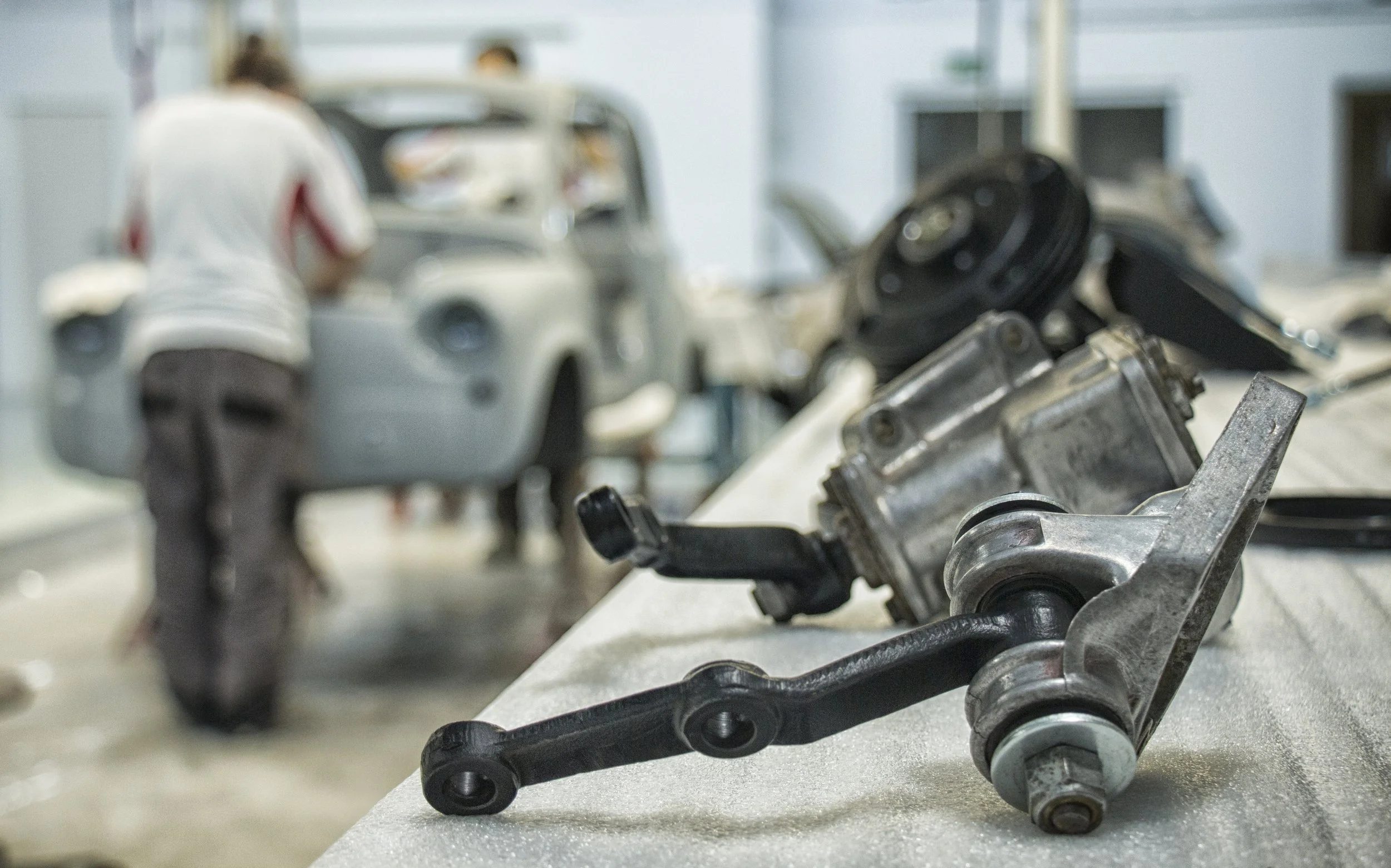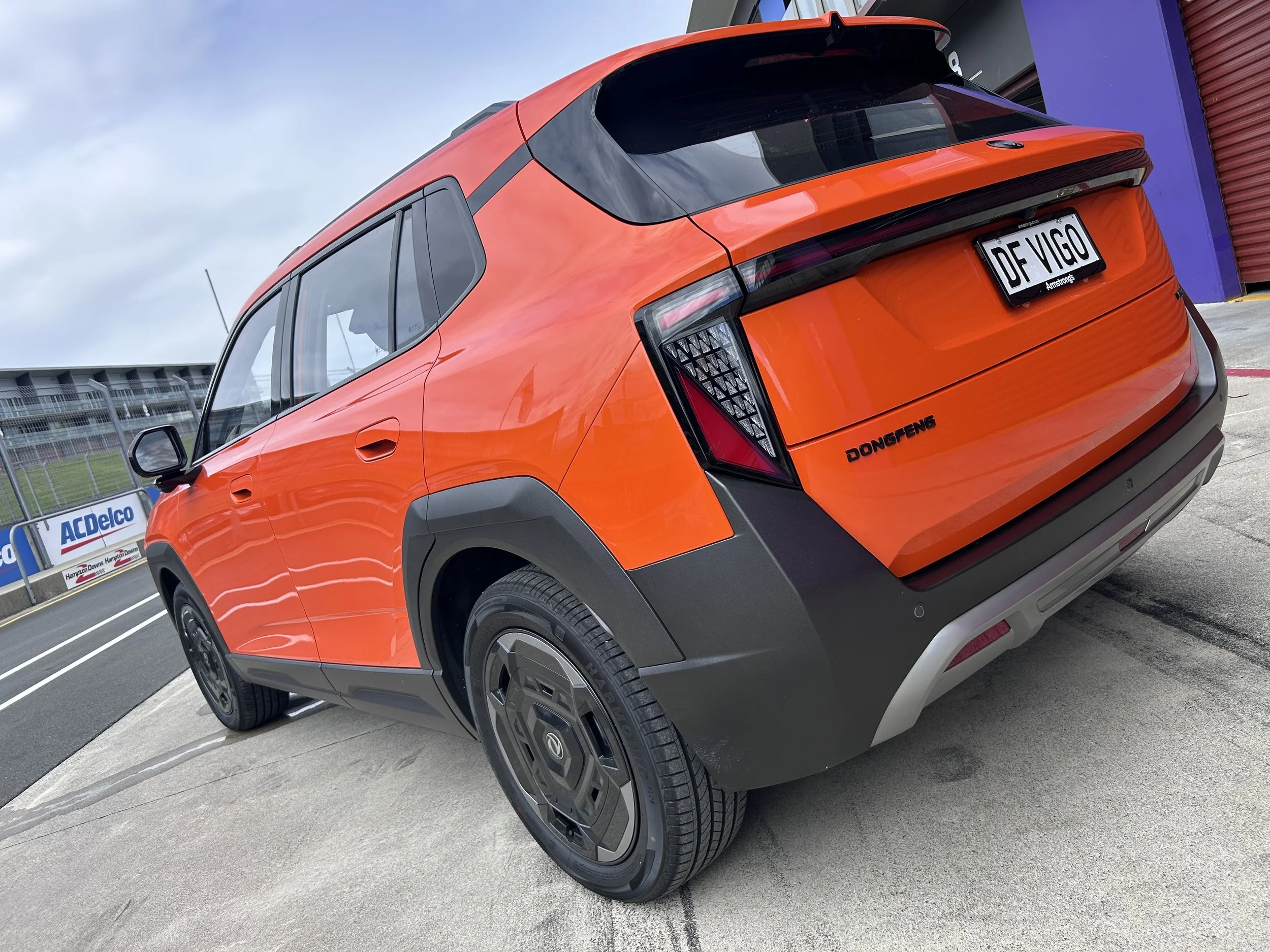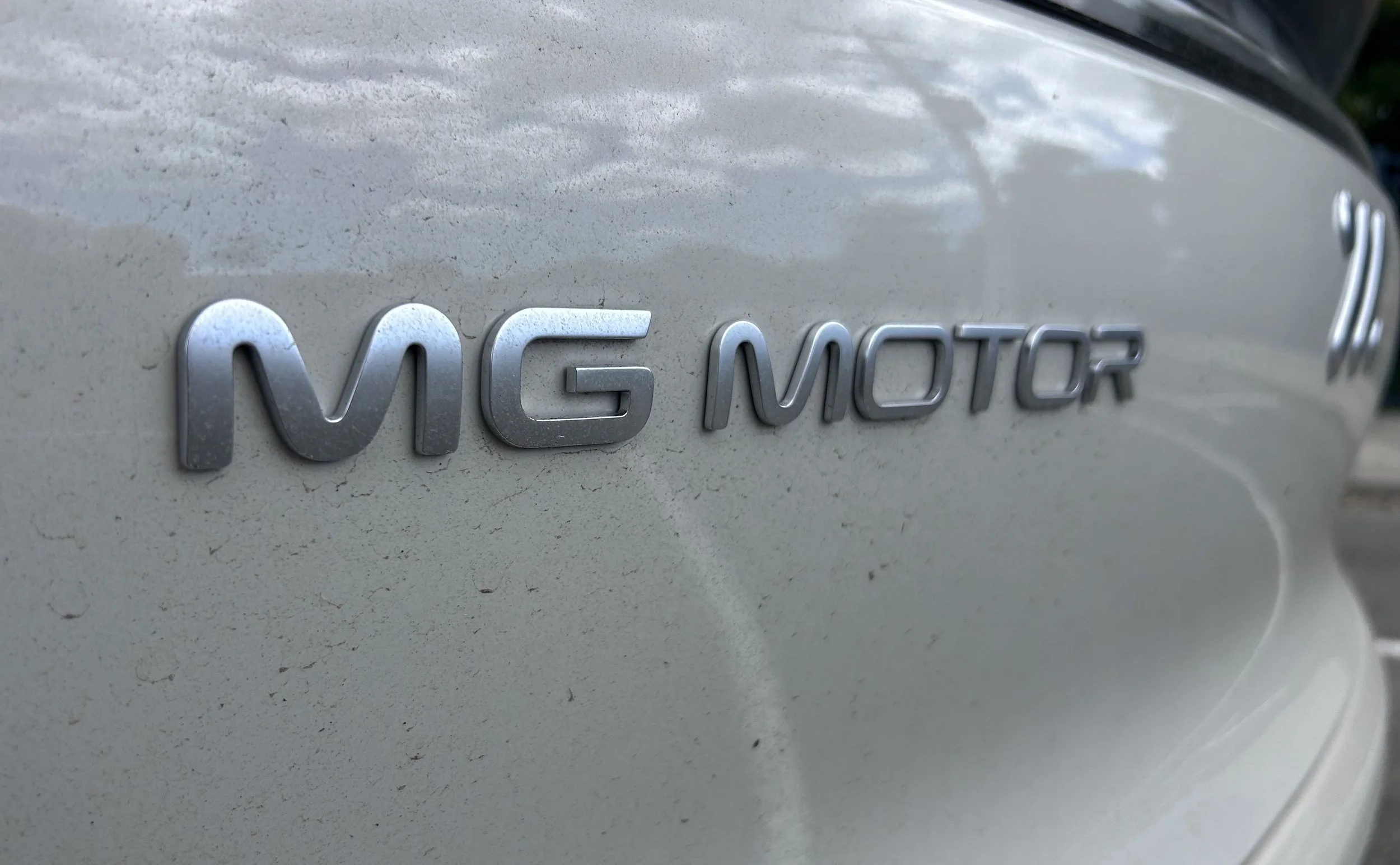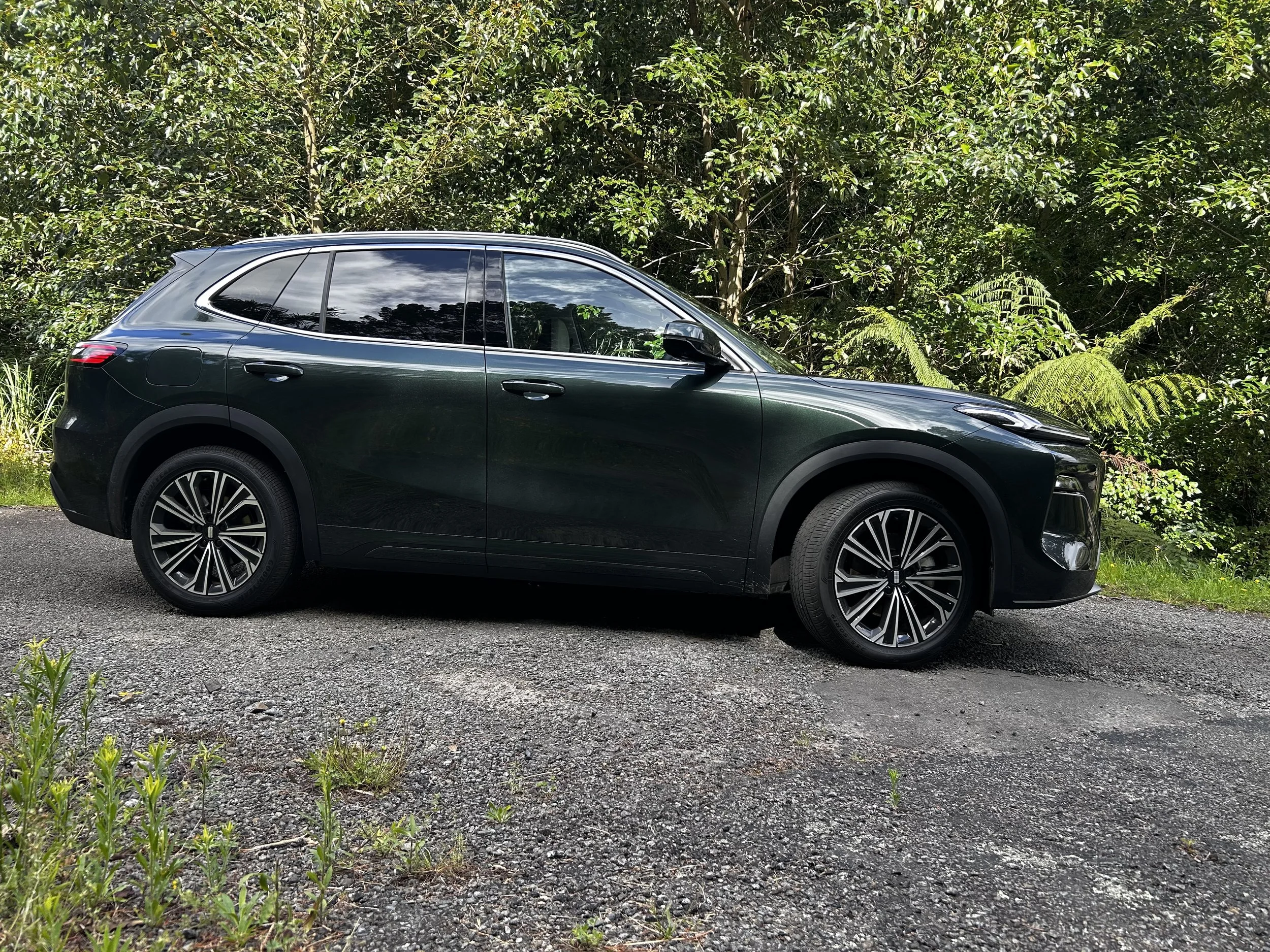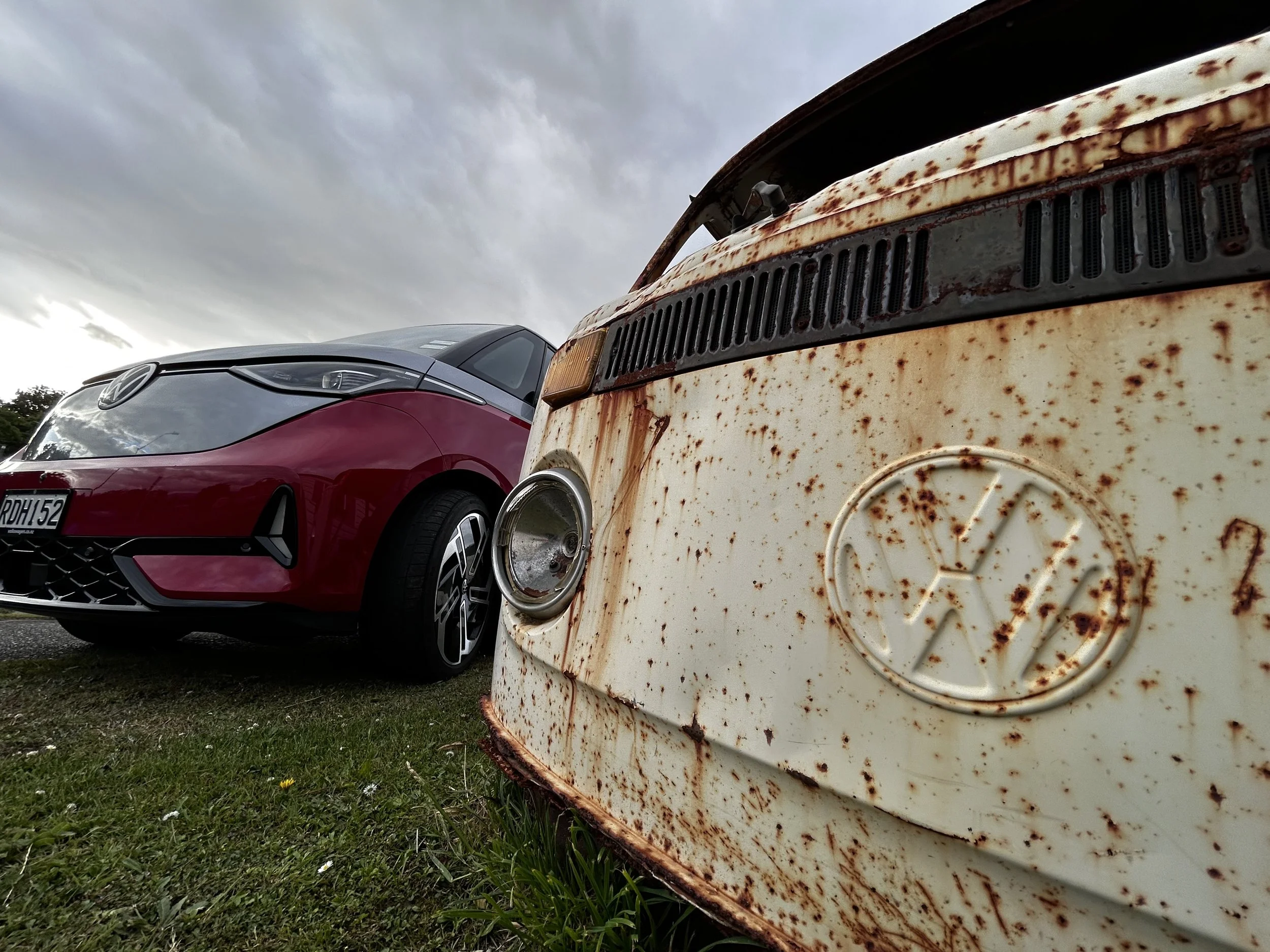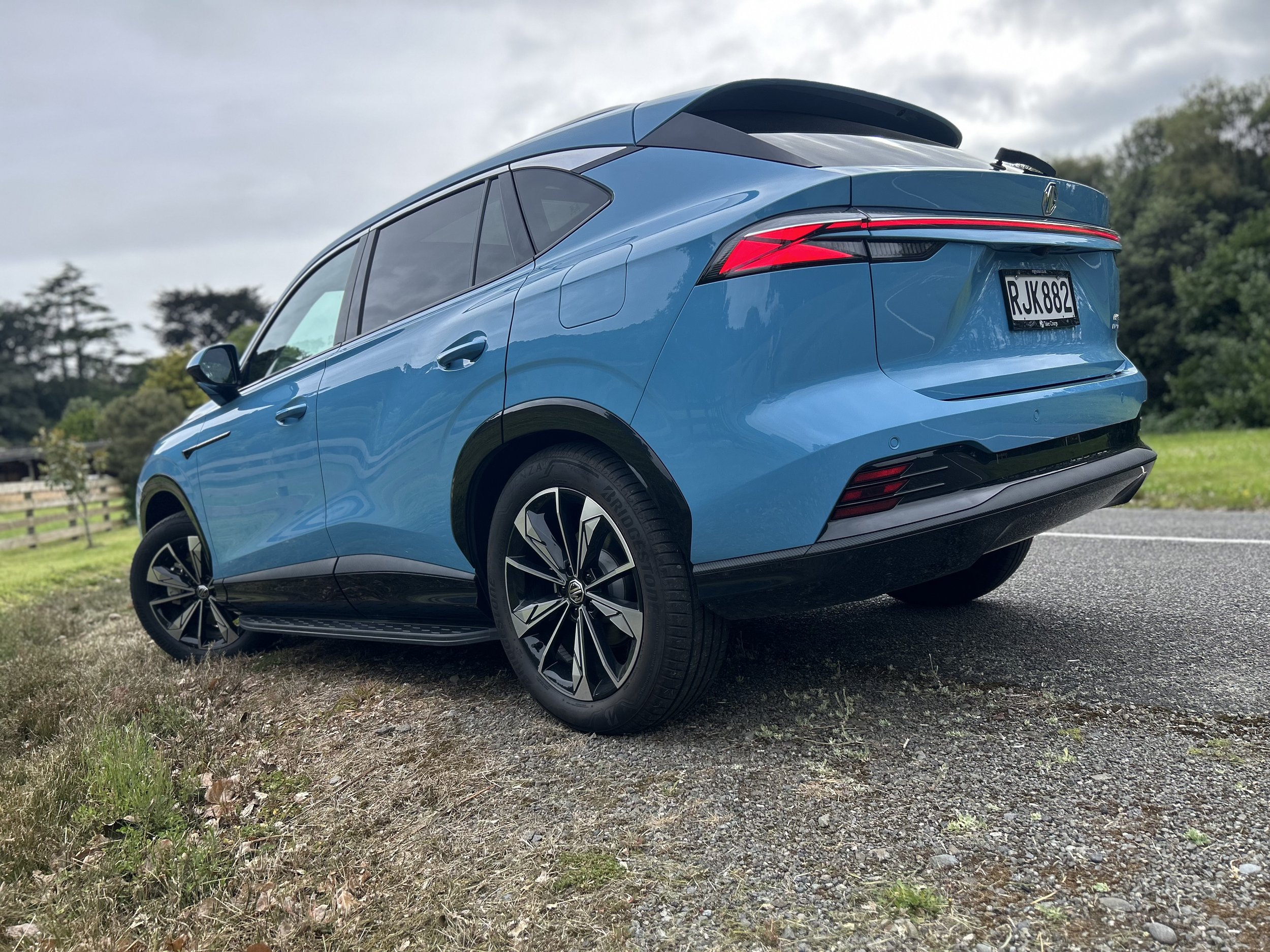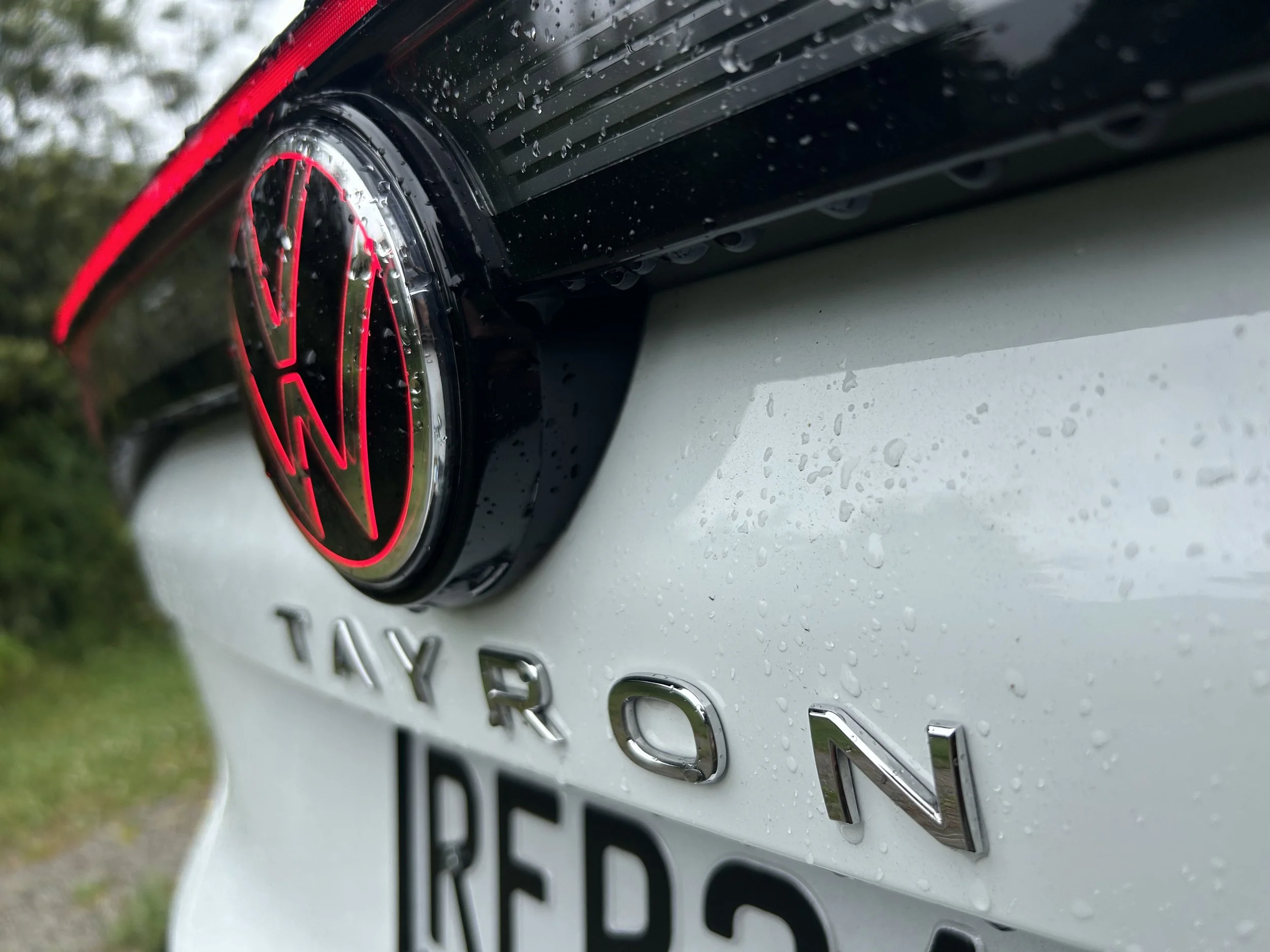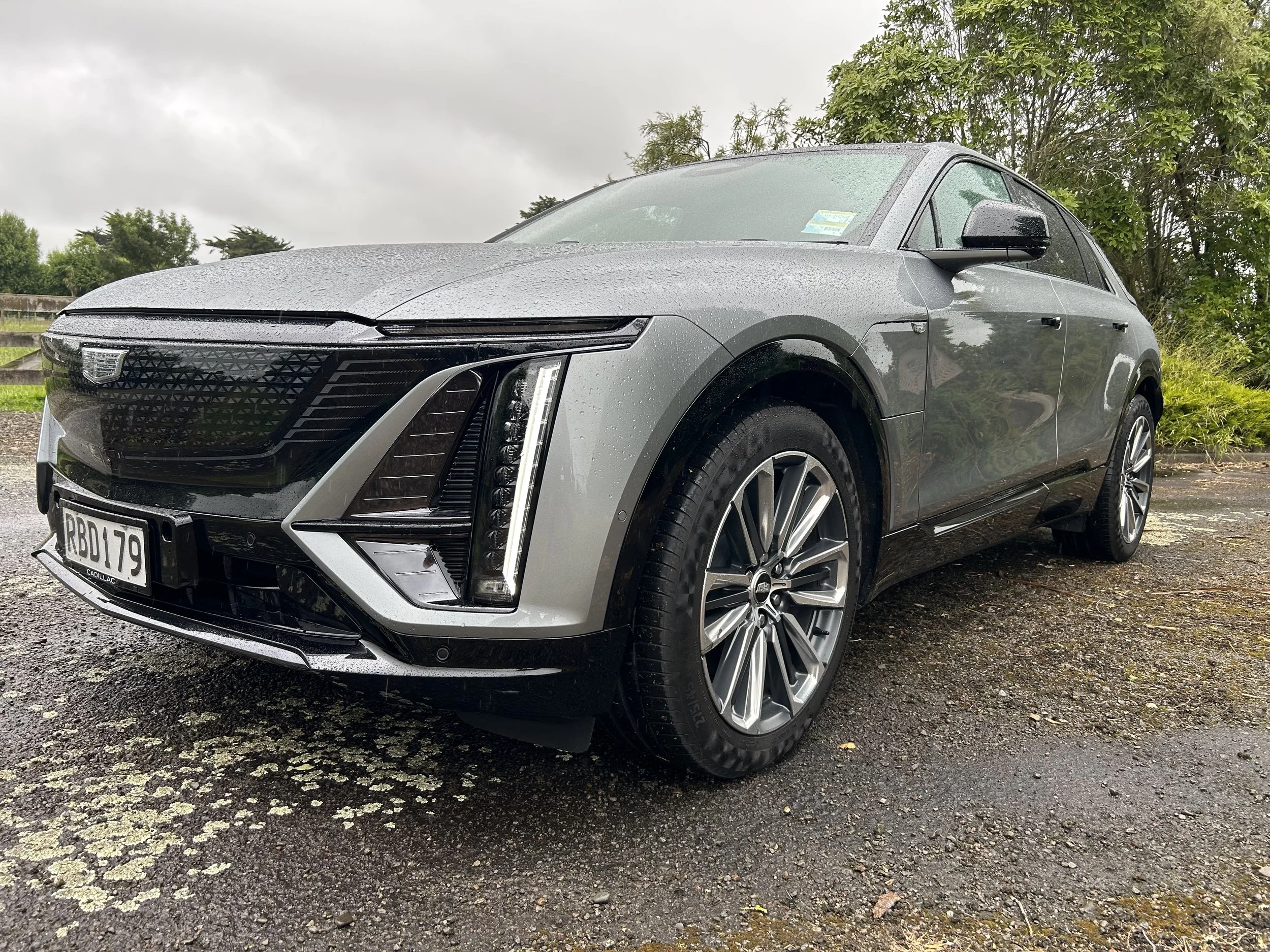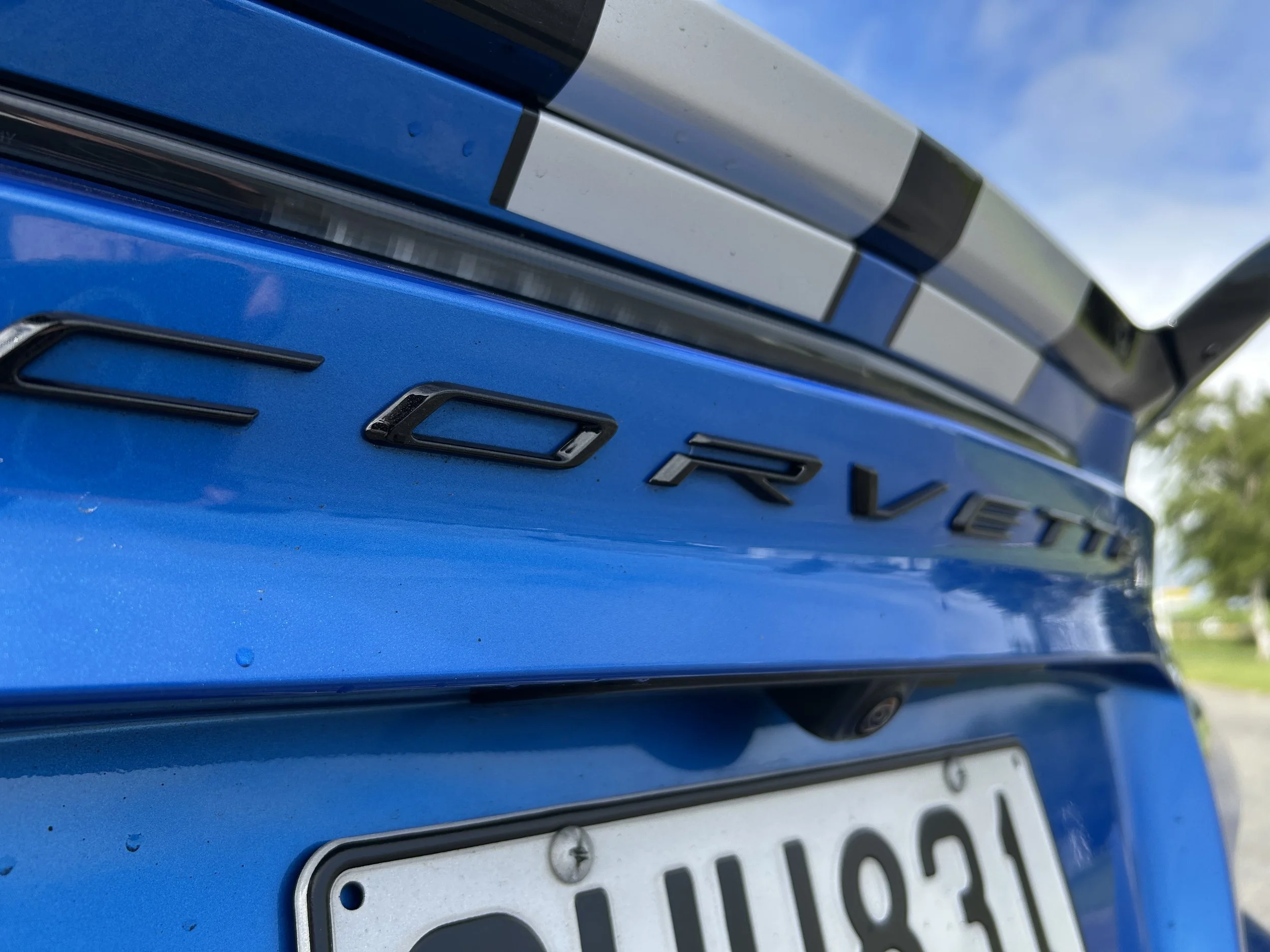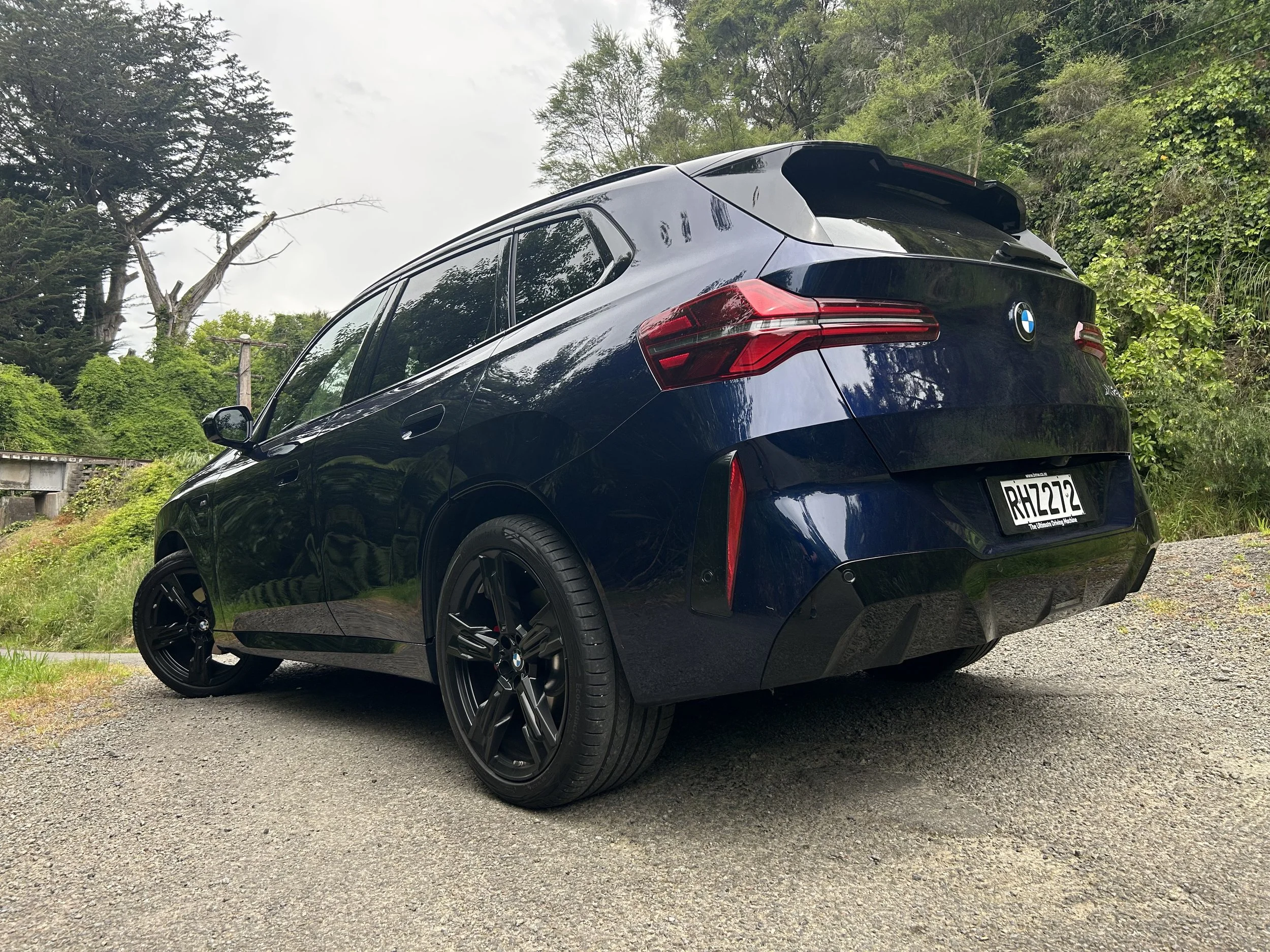Car components match-maker confident
/Christchurch-centred Partly wants to make a world of difference to those after hard-to-get car parts.
ESTABLISHED by an ex-Rocket Lab engineer Levi Fawcett (above), Partly self-describes as a company on a mission to connect the world's car parts by building the tools to connect buyers and sellers.
The Christchurch-centred operation has made the financial pages through having raised $37 million in venture capital at a $180 million valuation in what it's billing as New Zealand’s largest Series A raise.
Series A financing refers to an investment in a privately-held start-up company after it has shown progress in building its business model and demonstrates the potential to grow and generate revenue. It often refers to the first round of venture money a firm raises after seed and angel investors.
Partly will use the investment to continue its global growth by doubling its head count over the next 12 months and continuing to grow its presence in NZ, Australia and Europe.
It says it has grown exponentially and is already directly powering more than $150 million in annual orders and more than $4 billion indirectly.
The global team includes data scientists, engineers, and automotive veterans building algorithms that are extremely precise, letting buyers find all the correct car parts just by looking at a license plate, solving one of the biggest challenges with buying parts today.
We talked to Fawcett about this undertaking:
MotoringNZ: Explain, in layman’s terms, what Partly is and what it aims to deliver?
Fawcett: Fundamentally, Partly aims to do one thing, and that's making it really easy for buyers to find exactly the right parts for a vehicle.
This sounds simple, but is actually very difficult - there are millions of vehicle variants, tens of millions parts, and missing or unusable data for connecting them.
Partly is building the end to end tools, and the common language globally needed to make this work.
New Zealand is actually one of the most difficult markets in the world, as we import so many vehicles. To put it in perspective there might be 9000 vehicle generations in the US, but over 20,000 generations in New Zealand.
Is Partly, at heart, a computer algorithm?
Not really. Actually, the problem here is so difficult you need to have industry veterans, part interpreters, mechanics and more checking and processing a lot of this manually.
We have dozens of algorithms that make that process 100 times faster and that learns over time based on our experts and customer feedback.
Why does Partly require the funding it has now achieved and what will it be used for?
Anyone who’s tried to do a similar thing knows this is actually really, really hard to do in practice. Solving the problem globally is almost impossible.
This funding lets us spend more time up front solving the problem in a global and scalable way. For us right now, this is mostly on hiring people who really know what they’re doing. Please reach out if you’re a parts interpreter with deep knowledge of the complexities here!
The world has been driving, building, selling and fixing cars for more than a century - why does it now need Partly?
Vehicles are becoming more and more complex, software plays a huge role now, and new technology like driver assist makes it difficult to rely on older systems.
Manually creating catalogues barely works now, and definitely won’t work in the longer term. Digitising and automating these manual, time consuming and often inaccurate processes is critical.
Cars require thousands of parts - some are universal and cheap (nuts and bolts), some highly specialist and expensive. Are you saying Partly can source EVERY part of EVERY car, regardless of country of origin, regardless of when it was built?
That would be the dream! No, definitely not yet. As you note, some parts are general, some are very specific, and some have no part number or can’t even be described.
Vehicle changes can be made at the port or through custom modifications making this super complex.
We are, however, getting closer and closer. What we do is make it as easy as possible for the buyer to fit the right parts - so in a lot of cases that’s understanding the build sheet from vehicle OEM data based on the VIN, for other parts like nuts and bolts it’s showing the buyer an assembly diagram pointing it out. We always try to get a single correct part for the buyer, but sometimes there are multiple options.
Partly talks of democratising access to parts. But car makers can be highly protective of their technology; why would they want to share this with Partly? What’s the advantage to them?
We strongly protect data provided by manufacturers and don’t share this directly, it’s just used to help buyers.
Our democratising goal is to make it easy for the buyer to find the right part. That’s it.
If buyers can easily find the right parts, it’s a win for everyone. OEMs and dealers work with us because their sales increase, as buyers can easily find their parts.
We’re entering the electric age. EVs have far fewer moving parts than combustion-engined vehicles and are heavily reliant on computer chips - is there requirement for the Partly business plan to adapt in an electric age?
Absolutely. We’ve built this in from day one, in fact it’s tightly linked to the complexity of vehicles which is a core part of why we exist.
I don’t think EVs change as much as many things on the parts side. There’s still suspension, braking, interiors, panels, lighting and so on. It’s just the engine that changes.
The reliance on chips is a problem we help solve, by actually identifying something that looks identical to a buyer.



